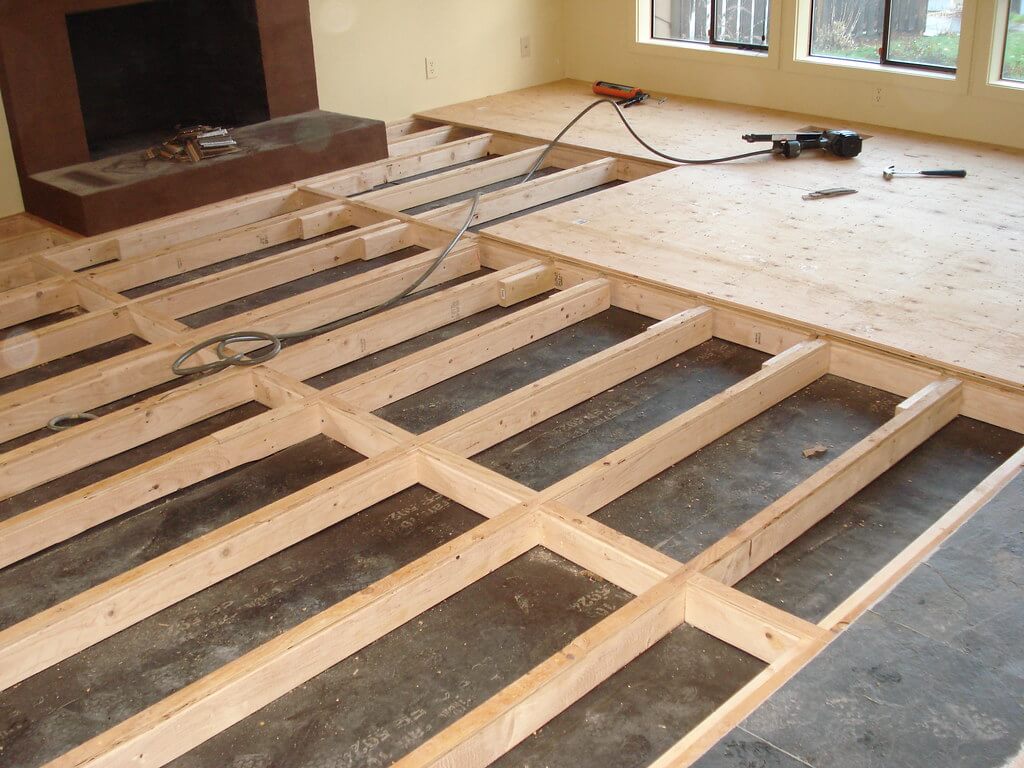There is no doubt that bamboo is gaining popularity as a flooring material due to its natural aesthetics. And its durability as well as its sustainability. Even though bamboo is not hardwood, its flexibility can make it an excellent alternative to timber and hardwood flooring.
Since bamboo is grass, it develops much faster than trees, which is actually healthier for the planet. As with hardwood flooring, bamboo flooring is made in many dimensions and shapes that can be either engineered or solid.
Bamboo is a natural product that can enhance a house’s worth. For flooring, bamboo comes with numerous advantages over hardwood flooring. However, in recent years many new players have come into the manufacturing market in China. Which has been the source of serious problems in recent times. And clients should only select from well-established
proven brands, staying right away from “cheap” products which they may live to regret.
If you’re interested in installing bamboo flooring on your floors it is crucial to be aware of the pros and cons of bamboo flooring, so that you are able to evaluate them carefully.
Pros and Cons of Bamboo Flooring – Bamboo Flooring’s Advantages:
Eco-friendly
In contrast to trees that take much longer to develop the bamboo plant is a renewable source. That is able to be harvested significantly faster than many other plant species. At the point of completion, bamboo will grow in just three or five years. Whereas other species can take up to twenty years to grow.
Since bamboo develops more quickly than other wood species, the bamboo floor poses lower environmental risks. It is not necessary to fret about cutting bamboo stalks. As they continue to grow and replenish in the course of time.
Simple To Maintain
The majority of bamboo floors are simple to keep clean. You only need the use of a soft brush or vacuum to remove dirt and dust. Also, you can clean frequently using a well-wrung-out mop.
Durable
In addition, high-end bamboo flooring is extremely sturdy and structurally stable. Since it is produced by the processing of non-carbonized bamboo flooring. Actually, it is just as durable as conventional hardwood flooring.
When properly maintained and cared for the majority of bamboo flooring will be used for up to fifty years. With regular wear and tear be expecting them to perform for up to 25 years.
If you’re looking for the most durable and resistant material to use for flooring, then bamboo flooring is an excellent option you can pick from. Bamboo flooring is extremely durable and sturdy, you are able to apply it to areas in your house that are frequently used such as foyers and living spaces.
Pest Resistant
Bamboo flooring generally is a non-allergenic flooring that is resistant to insects. This is why it’s not necessary to frequently apply pesticides to prevent pests from your floors. In the midst of harvest, the pests aren’t lurking among the grass of bamboo. Even more so when the bamboo flooring has been cured termites will not be in a position to digest the substances employed for curing and treating the flooring.
Additionally, bamboo is an ideal material for homes that have allergies. It repels pollen and dust, which makes your home dust-free completely.
The Cons Of Bamboo Flooring
The Surface Coatings are Prone To Scratch
As compared to hardwood floors and other flooring alternatives, Bamboo flooring is also vulnerable to scratches despite its strength. Different factors, such as furniture, pets or even stepping onto it. This could cause damage to the top layer of the bamboo flooring if grit and such are not cleaned from off the surface. Dark carbonised bamboo flooring specifically, is one kind of bamboo flooring that can be damaged by obvious scratch marks. So good quality Floor Protectors are essential.
To Water Damage
Bamboo like any other timber floor can be affected by water and “high Humidity” sites. Therefore, Bamboo may not be suitable for use in basements, or areas that have a highly humid environment.
Could Emit Volatile Organic Compounds
Though bamboo is a natural material. The glues and resins that are used to create bamboo flooring could be contaminated with volatile organic compounds. These are produced by the process of heat treatment that can impact our health as well as the environment.
There are engineered bamboo flooring items that are free of toxic chemicals and are available to purchase specifically.
Tones And Shades Are Limited.
Bamboo floors can be an extremely popular flooring option however, they do possess some style restrictions. Bamboo flooring comes in only a few shades. And, that are not suitable to be used in the interior of a home in its entirety.
Bamboo Flooring: Where Can You Use It?
Due to its sustainability, durability as well as its adaptability, and long-lasting characteristics, In addition to weighing all the pros and cons of bamboo flooring, bamboo flooring is definitely a great option for almost every room in your home, excluding wet areas.
It’s not just stylish designs in natural shades. However, the bamboo flooring choices offer a variety of benefits that aren’t available by using wooden flooring. Additionally, Bamboo flooring installation is as simple as hardwood floors. So as long as they’re in good condition to be put together. Engineered bamboo flooring can be installed within a relatively short period.





